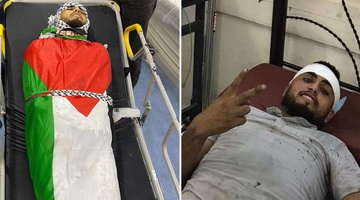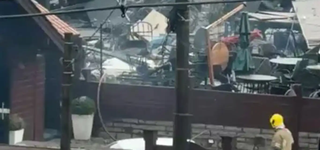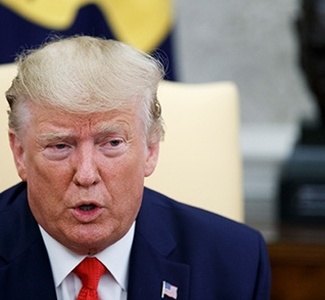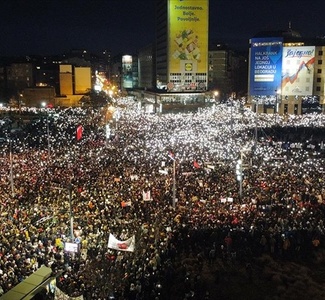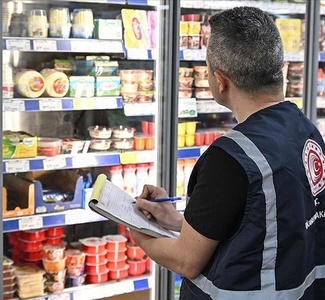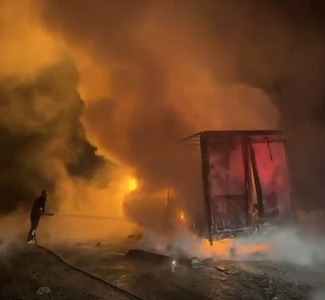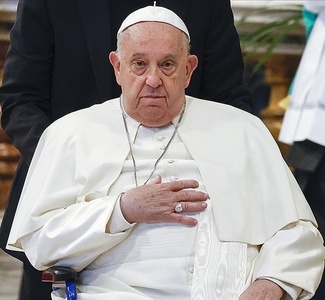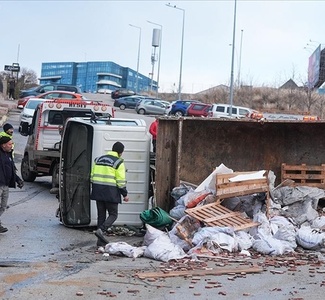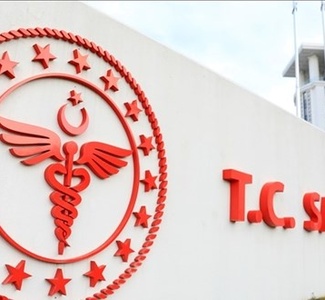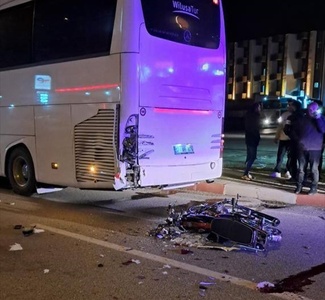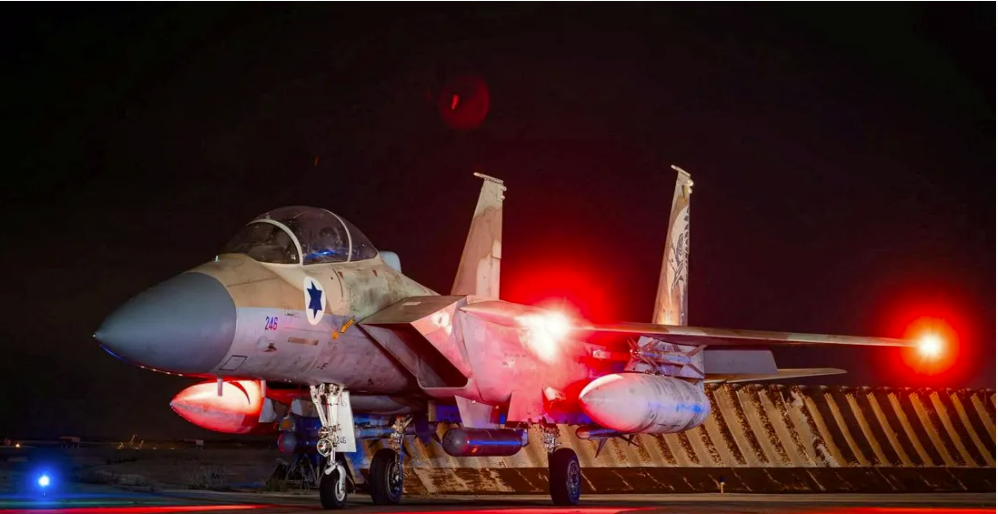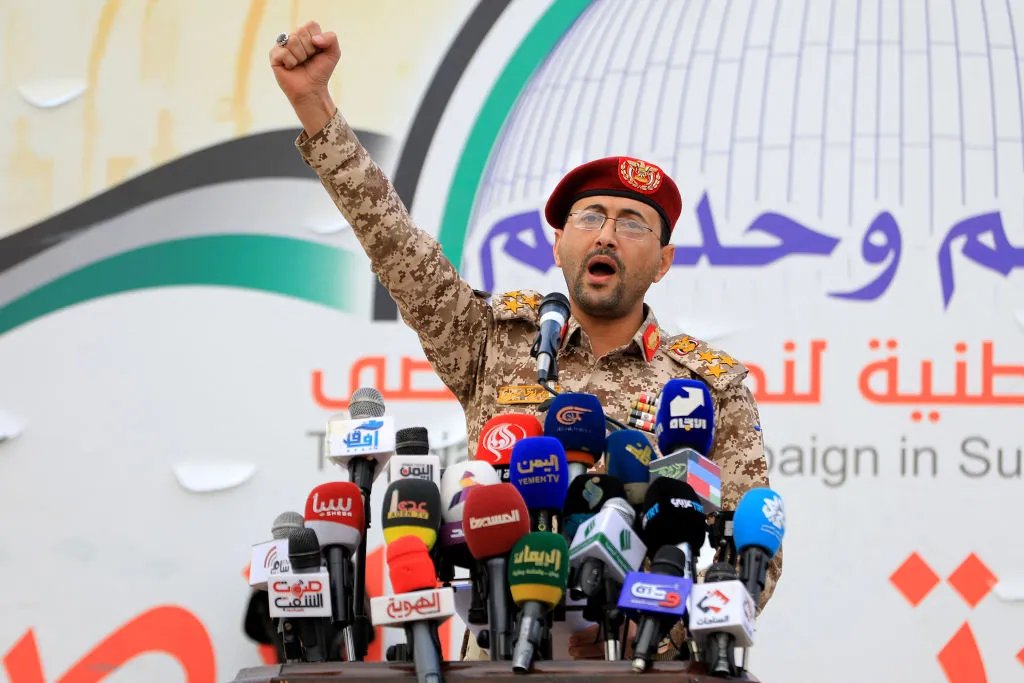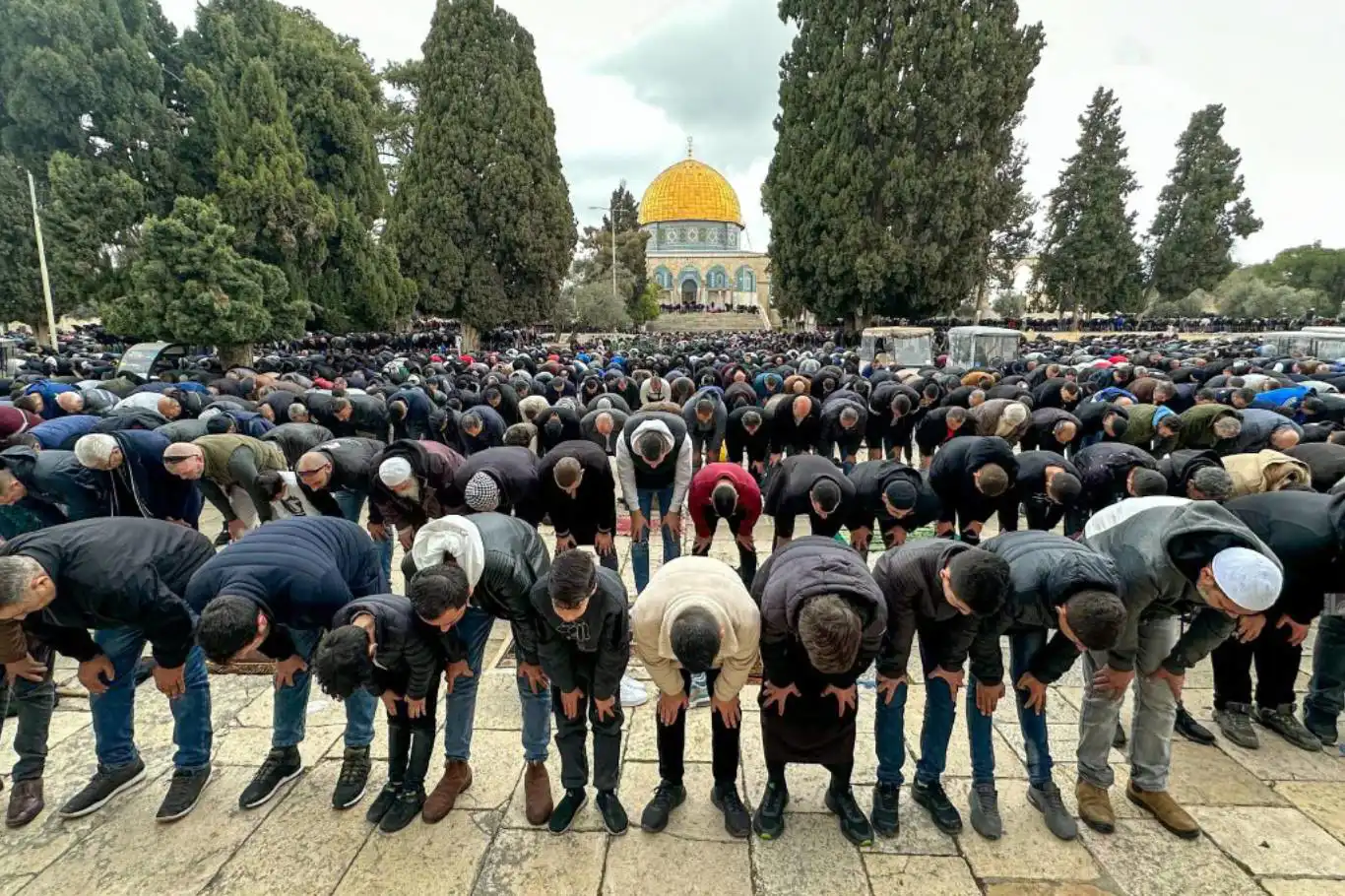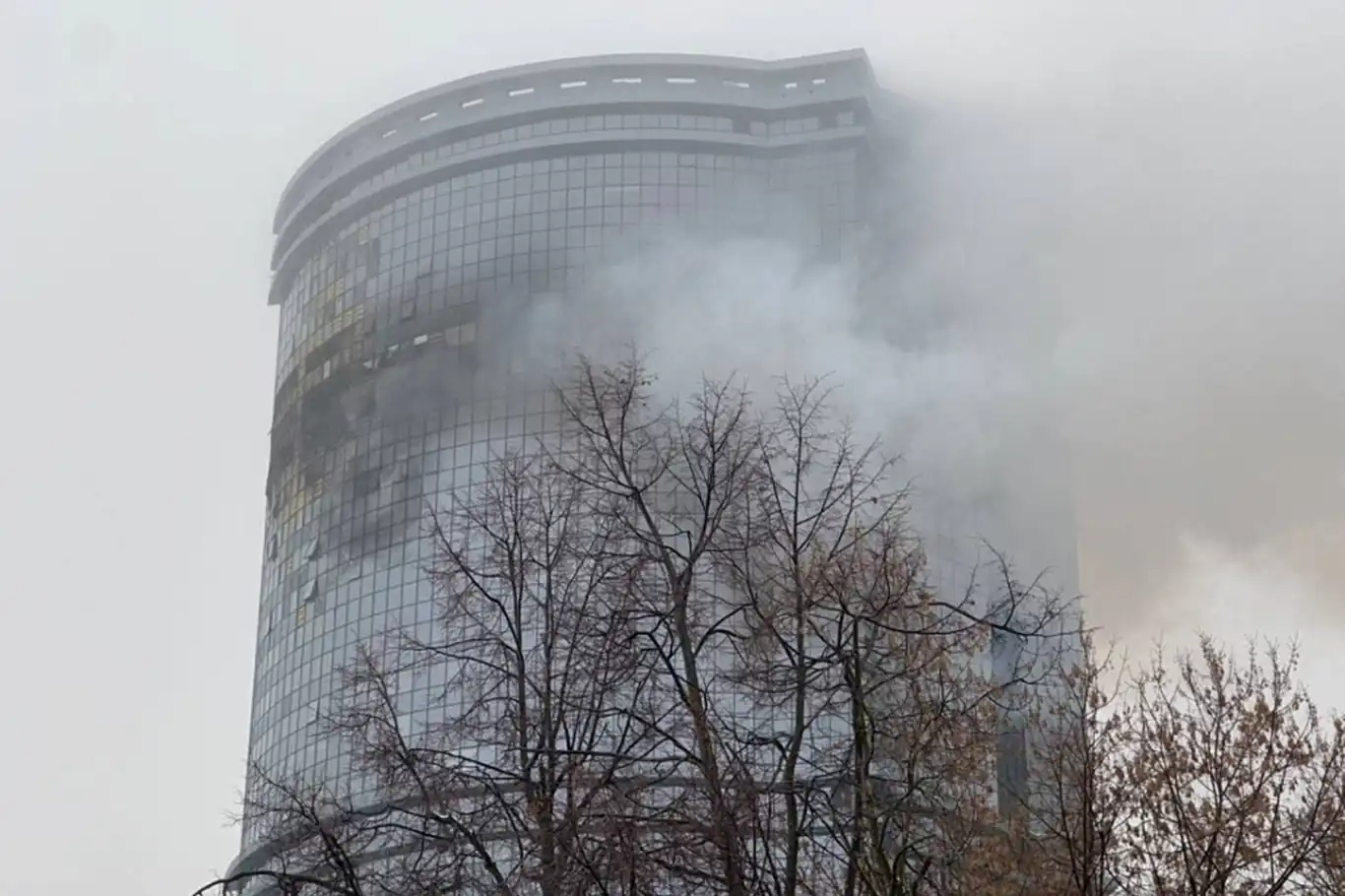HÜDA PAR: Kurdish issue should be solved within the framework of the law of fraternity
Free Cause Party (HÜDA PAR) Chairman Zekeriya Yapıcıoğlu said that his party’s suggestions regarding the solution of Kurdish issue were not taken into account during Turkey's peace process.
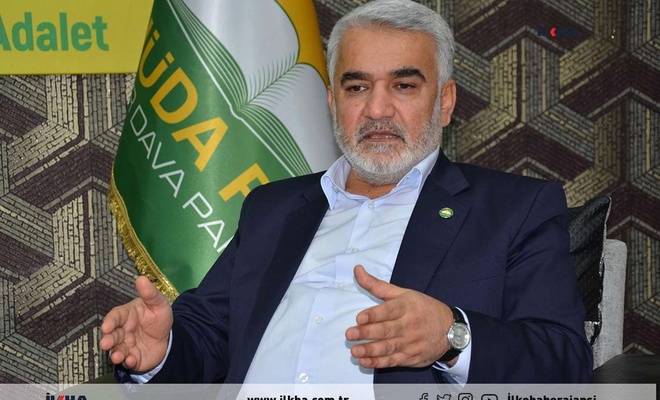
 Google News'te Doğruhaber'e abone olun.
Google News'te Doğruhaber'e abone olun. “We have been telling the authorities from the beginning that the PKK issue is different, the violence issue is different, but on the other hand, the Kurdish issue is another issue, but it would not be correct if you separate them,” Yapıcıoğlu said, drawing attention to the suggestions they made during Turkey’s peace process that aimed to resolve the Turkey–PKK conflict as part of the Kurdish–Turkish conflict.
“We said then that Turkish officials considered the Kurdish issue to be a problem of violence, terrorism, and partly economic and backwardness. But actually, the problem is not just that. Yes, we have such problems, but They are not the Kurdish issue. The Kurdish issue is something else and we described it as follows; we said that the truth is that the brotherhood between Turkish and Kurdish people has no legal basis and therefore remains so-called. If they understand the issue in this way, if they desire to re-establish the broken unity, first of all, they should establish justice in the country. What is justice? What you want for yourself, you will want for your brother, and what you do not want to be done to you, you will not do to what you call brother. With a very simple recipe, it is actually easy to understand, grasp or learn what to do. But it is persistently brought to one side. What is justice? What you want for yourself, you will want for your brother as well, and what you do not want to be done to you, you will not do to what you call your brother. With a very simple recipe, it is actually easy to understand, grasp or learn what to do. But it is persistently brought to one side. In the process of non-conflict, which they call the resolution process, we said the basic mistakes made. One of them is the issue of interlocution, and now if this issue is a matter of right and law, if it is really to create a law, to enforce that law and to establish brotherhood in this way, to establish justice, then your interlocutor is not this or that person. Your interlocutor is anyone who has that right and demands it. One more thing; We said that if something is a fundamental right, it does not need to be demanded by someone. It is already his right. In other words, there is no need to say ‘I want this right’. In addition, we said that if it is a fundamental right, you cannot make it a negotiable right, you cannot negotiate it with someone, you cannot make it conditional. You shouldn’t say, ‘If you don’t put down your gun, I won’t give them their rights’ just because someone has a gun, or you shouldn’t say to the citizens who claim those rights, to the citizens who don’t have a gun, ‘You demand this right, but I won’t take these steps until someone else puts down their guns’. This is how the process worked. There is the same approach right now. We said it then, and we say it now if you only want to end the weapons, violence, and conflict dimensions of the issue, you can talk to them about the conditions under which people with guns will lay down their weapons, but that's it. We have said these things, but as I said, some say the same thing directly, others indirectly. They say, 'This problem is the issue of the weapon in the hands of the PKK. If we take these weapons from them, the issue will be resolved.' We say that if you do not solve the Kurdish issue, the PKK is not a cause, the PKK is a result. It is the result of the problem remaining unsolved. Tomorrow, one day, if the PKK ends or dissolves itself, but if this problem continues to remain unresolved, other things will begin to arise, we have been saying this from the beginning. But they still don’t want to hear or see them, maybe it’s easy, or some of the focuses that feed on this problem do not want serious steps to be taken towards a solution in this direction, and they are creating obstacles.” (ILKHA)





























